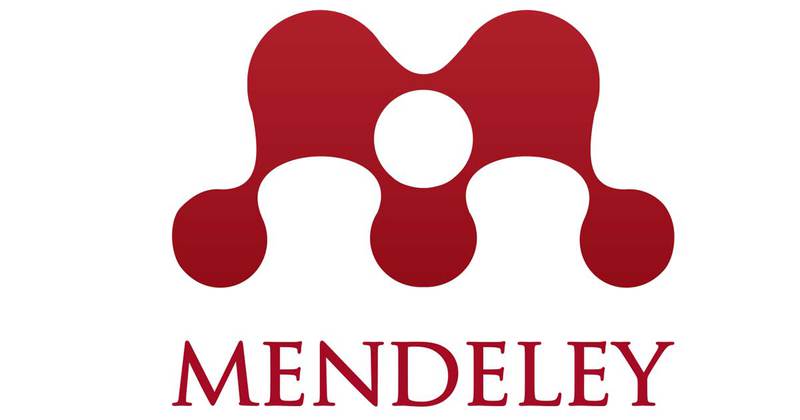Peran Gender dalam Keluarga Nelayan Tradisional dan Implikasinya pada Model Pemberdayaan Perempuan di Kawasan Pesisir Malang Selatan
DOI:
https://doi.org/10.22219/jpa.v1i1.2745Abstract
Peran Gender dalam Keluarga Nelayan Tradisional dan Implikasinya pada Model Pemberdayaan Perempuan di Kawasan Pesisir Malang Selatan1) Hany Handajani, 2) Rahayu Relawati, 3) Eko Handayanto1Jurusan Perikanan Universitas Muhammadiyah Malang, Jln. Raya Tlogomas no. 246, Malang 65144; 2Jurusan Agribisnis Universitas Muhammadiyah Malang, Jln. Raya Tlogomas no. 246, Malang 65144; 3Jurusan Manajemen Universitas Muhammadiyah Malang, Jln. Raya Tlogomas no. 246, Malang 65144; *Email : hannyhandajani.umm@gmail.comAbstract :Nelayan tradisional masih mempertahankan cara penangkapan ikan, bekerja tanpa inovasi teknologi, tanpa dukungan modal kuat, tanpa kelembagaan usaha yang mapan. Tujuan jangka panjang penelitian adalah terbinanya nelayan tradisional berdasarkan perspektif gender. Dalam jangka pendek perlu dirumuskan metode pembinaan perempuan khususnya dan keluarga nelayan tradisional pada umumnya setelah melalui serangkaian analisis gender. Penelitian dilakukan di pesisir Sendangbiru, Malang Selatan. Sempel keluarga nelayan tradisional ditentukan secara random. Data diambil melalui wawancara terstruktur, wawancara mendalam dan observasi partisipatif. Data dianalisis secara deskriptif dan dengan analisis gender metode Harvard.
Keywords :nelayan tradisional, aktivitas melaut, aktivitas pasca tangkap ikan, pembinaanDownloads
Downloads
Published
How to Cite
Issue
Section
License
Copyright (c) 2016 Hany Handajani, Rahayu Relawati, Eko Handayanto

This work is licensed under a Creative Commons Attribution-ShareAlike 4.0 International License.
Authors who publish with Jurnal Perempuan dan Anak (JPA) agree to the following terms:
- For all articles published in Jurnal Perempuan dan Anak (JPA), copyright is retained by the authors. Authors give permission to the publisher to announce the work with conditions. When the manuscript is accepted for publication, the authors agree to automatic transfer of the publishing right to the publisher.
- Authors retain copyright and grant the journal right of first publication with the work simultaneously licensed under a Creative Commons Attribution-ShareAlike 4.0 International License that allows others to share the work with an acknowledgment of the work's authorship and initial publication in this journal.
- Authors are able to enter into separate, additional contractual arrangements for the non-exclusive distribution of the journal's published version of the work (e.g., post it to an institutional repository or publish it in a book), with an acknowledgment of its initial publication in this journal.
- Authors are permitted and encouraged to post their work online (e.g., in institutional repositories or on their website) prior to and during the submission process, as it can lead to productive exchanges, as well as earlier and greater citation of published wor (See The Effect of Open Access).
This work is licensed under a Creative Commons Attribution-ShareAlike 4.0 International License








